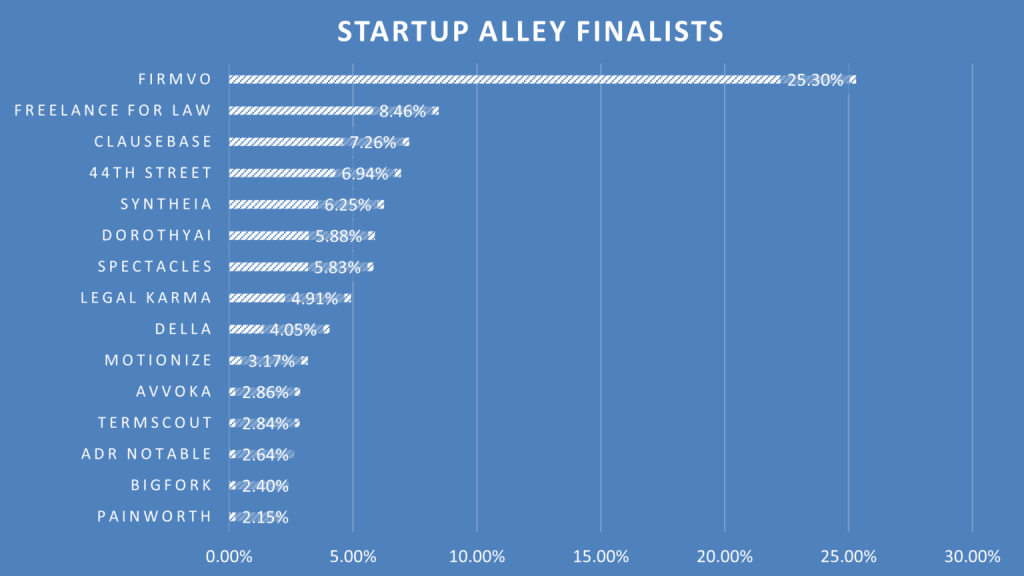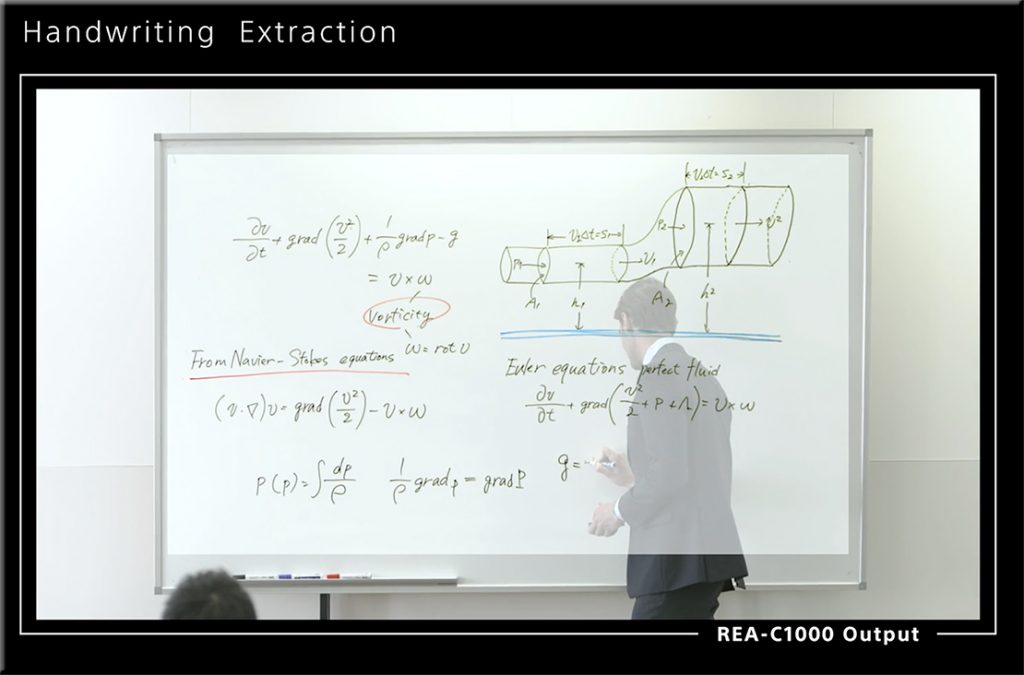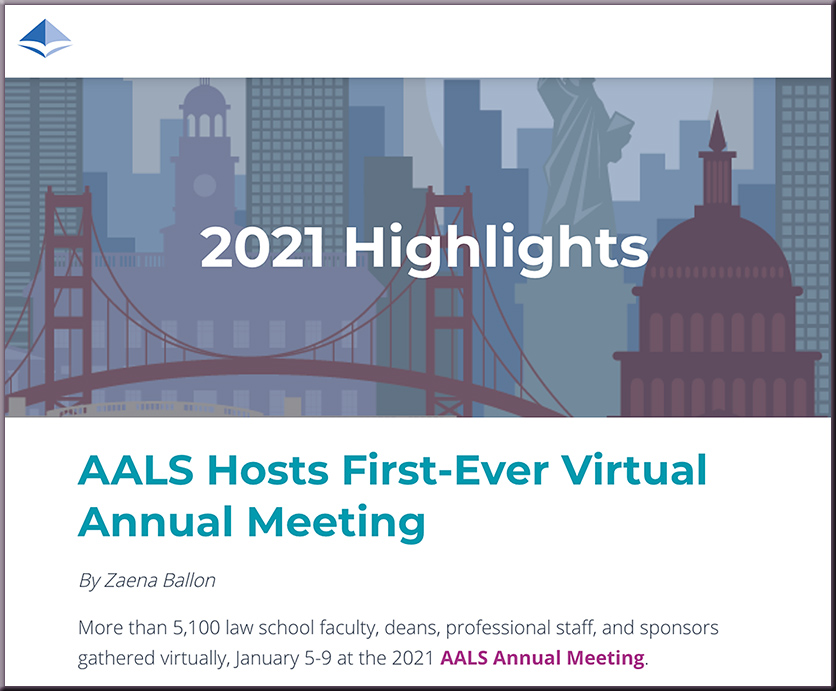LexisNexis Extends Its Context Language Analytics to Cover Attorneys’ Briefs and Motions — from legaltechmonitor.com Bob Ambrogi
Excerpt:
Last year, LexisNexis introduced Context, a refinement of an analytics tool originally developed by Ravel Law that analyzes the language of a judge’s opinions to determine the cases and arguments the judge finds most persuasive in deciding specific types of issues. As I reported then, that original launch also included Context for expert witnesses, and, since then, LexisNexis has expanded Context to also cover courts and companies.
Today, LexisNexis is further expanding Context with the introduction of Attorney Analytics, the fifth module in the platform, for researching opposing attorneys in litigation matters.
Also see:
- New API from Wolters Kluwer Enables Embedding of Research on Firm Intranets — from legaltechmonitor.com Bob Ambrogi













